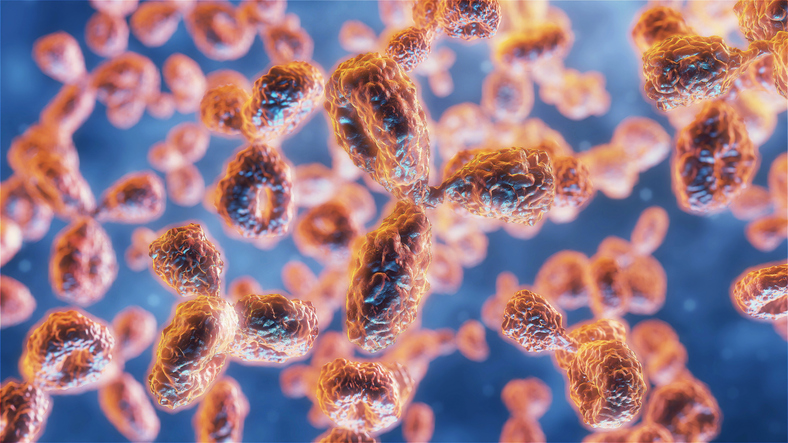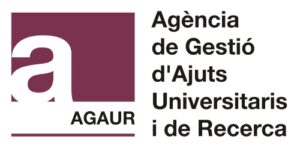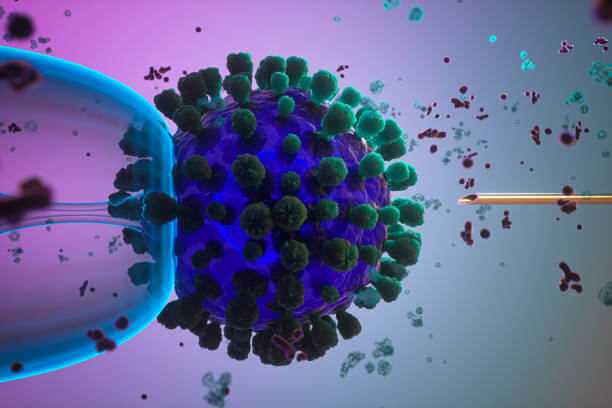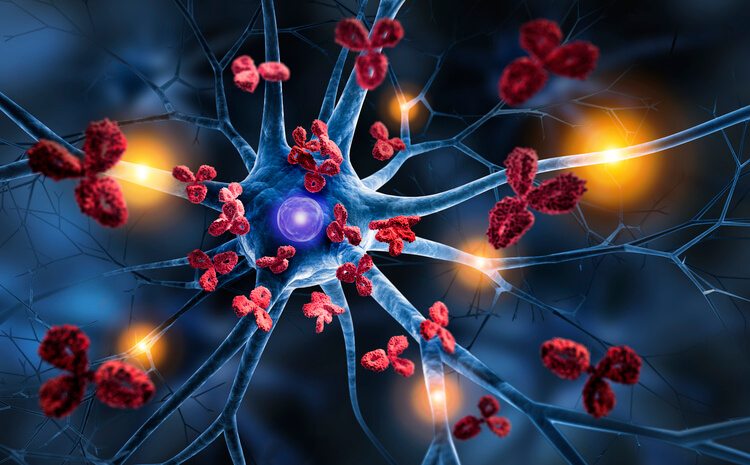MaskAb: Consolidation of a platform for the conditional activation of antibody therapeutics

Investigador principal
Grupo de investigación

Fuente de financiación:
Generalitat de Catalunya
Periodo:
01/12/2024 a 01/06/2025
Tipología del proyecto:
Proyecto Individual
Estado del proyecto:
FINALIZADO
Entidad financiadora:

AGAUR
Financiación:
20.000€
Antibodies are effective treatments for many diseases by targeting specific receptors in diseased tissues. However, these receptors are also present in healthy tissues, often causing side effects that limit the dosage. To address this issue, we developed a reversible chemical masking system that blocks the antibody’s ability to bind its target while masked. At the disease site, a specific stimulus removes the mask, allowing the antibody to engage its target.
One key target in cancer treatment is the Epidermal Growth Factor Receptor (EGFR), which influences cell growth and death. EGFR is highly overexpressed in cancers like glioma, colorectal cancer, and non-small cell lung cancer (NSCLC). We applied our masking system to a single-domain antibody targeting EGFR and achieved over a 100-fold reduction in binding affinity when masked. The affinity was fully restored upon unmasking by tumor proteases.
Our project aims to further validate this masked anti-EGFR nanobody and demonstrate the broader applicability of our platform for patenting. This versatile masking technology can be adapted to any antibody format or target. We also plan to expand its use to other antigens and stimuli beyond what is possible with current genetically encoded masks.
Our innovative masking platform has the potential to revolutionize treatments by reducing dose-limiting side effects and significantly improving their therapeutic effectiveness. This project is an award from the 2024 Call «Ajuts d’Indústria del Coneixement» ) with the support of AGAUR and Departament de Recerca i Universitats de la Generalitat de Catalunya.
Grupos de investigación

GEMAT – Ingeniería de Materiales
El grupo GEMAT (Grup d'Enginyeria de Materials) desarrolla su actividad en tres grandes áreas: el desarrollo de nuevos materiales funcionales, la ingeniería de superficies y los biomateriales.

ChemSynBio – Química y Biología Sintética para Bioterapias
En el grupo ChemSynBio (Química y Biología Sintética para Bioterapias), combinamos química y biología sintética para crear bioterapias de precisión y herramientas biomédicas basadas en proteínas. Nuestros objetivos principales son tratar tumores y otras enfermedades cerebrales, así como entender y mejorar el transporte de fármacos a través de la barrera hematoencefálcia.









